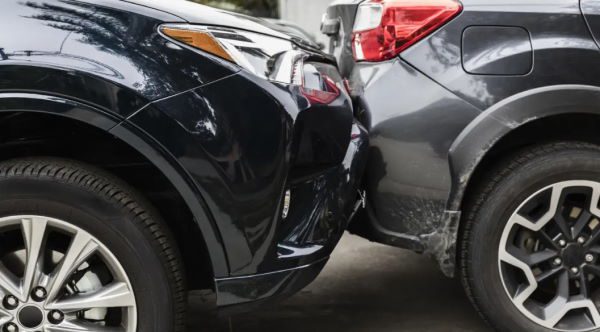When involved in and being sued for a car accident in North Carolina, it pays to have an in-depth knowledge of the law and how it could come into play in your legal situation. Understanding the law can spell the difference between filing an insurance claim or a lawsuit.
Is North Carolina a No-Fault State for Car Accidents?
Yes, North Carolina is like most states in the US that follow the traditional fault-based system in determining who is financially responsible for the damages caused by a car collision. This system means that whoever directly contributed to the car accident is liable for the financial losses (or at least, that driver’s car insurance provider).
If you caused a car accident in the state of North Carolina, you would be financially responsible, especially if there is property damage and injury involved. Some specific rules and limitations apply depending on the unique circumstances that apply to each incident. It pays to understand these rules and limitations if you are being sued for a car accident in North Carolina.
How is Fault Determined in a Car Accident?
A driver must meet specific criteria for determining whether they are at fault for a car accident. It is essential to establish this because the at-fault driver will pay for the financial damage. Even if you have an insurance policy, you must pay out-of-pocket for any excess financial damage that is no longer covered by the limits of your policy.
The fault in a car accident is determined by reviewing the evidence at the scene of the accident. The investigators will identify how and why the incident happened and who is responsible for the collision. Some common types of evidence used for this purpose include police reports, accident scene photos, information from electronic data (such as the black box), surveillance camera footage, vehicle damage inspection, and eyewitness testimony. The medical records of any involved with sustained injury or any of the mechanical records of the vehicles involved can also be used for analysis.
Either party can also hire an accident reconstruction expert to review the evidence. The goal is to obtain expert opinion and testimony to validate the decision on which driver is at fault.

What Can They Take?
When you are being sued for a car accident in North Carolina, and it was determined you are at fault, you will pay for all of the financial losses involved in the accident. The financial damage covered here includes but is not limited to the following:
- Medical treatment costs for the injuries sustained during the accident
- Cost of repairing the damaged vehicle
- Financial damage resulting from the mental and physical pain of the victims of the car accident
- Loss of income (in case the injury is severe enough that the victim is unable to go to work)
But there is one clause in the at-fault driver system in North Carolina. It is known as the Contributory Negligence rule.
What is the Contributory Negligence Rule?
The Contributory Negligence rule in North Carolina applies in determining the fault of drivers involved in a car accident. It can fall under the “shared fault” situation in North Carolina’s traffic laws. This rule implies that any driver who contributed, no matter how small, to the occurrence of the accident will be banned from receiving compensation for the accident.
This rule is essential not just when the case makes it to court, but also in your car insurance claims. You can expect the adjuster to be pretty stiff on settlement negotiations if it looks as though you have a shared fault in the accident. It essentially means that your actions on the road somehow contributed to the accident, even if it’s not directly your fault.
Take this case as an example: you were in the right lane, and another driver suddenly changed lanes and hit your vehicle. You would not receive compensation for the damage if the authorities determined that you were driving above the speed limit.

What to Do After a Car Accident in NC?
The success of your case in a car accident in North Carolina will depend on what you do initially following the incident. North Carolina traffic laws require that you contact a law enforcement agency immediately following a collision when either one of the following situations applies:
- There is an injury to a person or persons;
- There is death to a person or persons;
- There is significant property damage (valued at $500 and above)
Your inability to report the car accident is subject to misdemeanor charges. When there is significant damage to the vehicle, it does not take much to reach the minimum cost of damage. Therefore, it is a good idea to contact the police immediately.
Many individuals involved in a car accident will try to settle themselves. However, you stand a better chance of getting proper compensation and justice if you call the police, especially if you are not at fault. If you fail to call the police, it can also be grounds for the insurance company to deny your claims, especially since most companies will require an official police report of the incident.
It is also a good idea to get in touch with your attorney (if you have one), who can help you handle the car accident case. They will also provide you with expert advice on handling the investigation on-site to ensure that you have the necessary documents to support your case, should it go to trial.
Working with an NC Attorney for Car Accidents
Understanding the intricacies of traffic laws in North Carolina will help you handle the situation more efficiently and in the correct legal manner. It is essential to discuss with a legal professional in North Carolina, especially those specializing in car accident cases, to know how to handle your situation.
A legal expert will help navigate the loopholes of the law so that you will not be forced to pay for anything you don’t need to.


